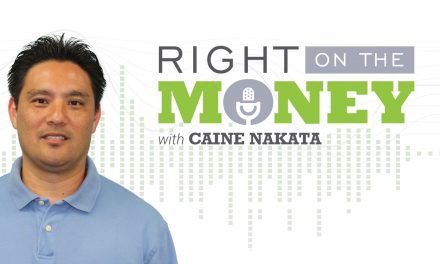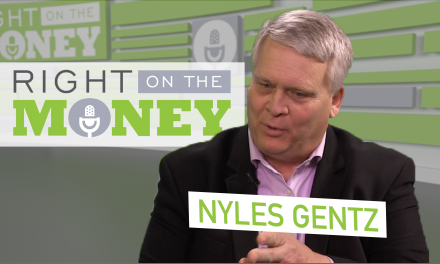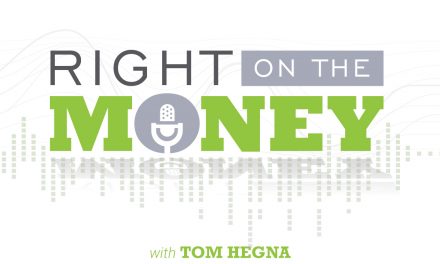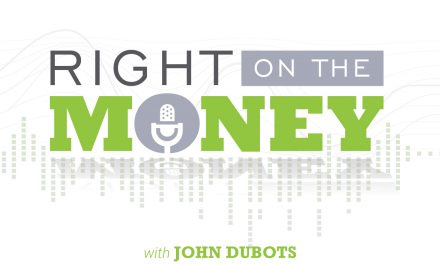Creating a Budget to Generate Cash Flow
There’s an old financial proverb: “If your outgo exceeds your income, then your upkeep will be your downfall.” Translation: Live within your means. To do that, you need to create a budget and stick to it. That’s easier said then done because life just happens. But if life just happens, then you need to create an emergency account. The most simplistic concepts of money seem to allude the smartest among us.
College graduates go through a huge learning curve when they enter the work force. For most grads, it’s a meat grinder experience that can make mince meat out of the smartest MBAs. For many educated millennials, balancing a checkbook is as deep a dive into finances as they have waded in thus far in life. All the money spent on higher education and most grads know nothing about money itself. But without a budget and a fundamental understanding of how money works, most are doomed to learn the facts of life through the school of hard knocks—just ask the baby boomers who are broke.
The hippies of the ’60s are now in their 60s. The anthem of the flower children was “all you need is love,” written by multi-millionaires and sung by millions of idealistic people living in communes and then graduating into the middle class of reality, where money really matters.
The love generation discovered—much to their surprise—you can’t live on love. Watch this segment on covering the Basics of Budgeting, part one of five on Lessons Not Learned about Money with syndicated financial columnist, award-winning investor educator and co-author of “How Mutual Funds Work” and “Building Our Mutual Fund Portfolio,” Russ Wiles.
Most Americans can balance a checkbook, but can’t balance their budget. That’s assuming you have a budget. And for those who do have a budget, most don’t manage to it. Creating a budget that includes an emergency fund is the basic financial foundation for generating monthly cash flow. Without monthly cash flow, you can’t save. And if you don’t save, you can’t build an enjoyable lifestyle for you and your family. There’s really no excuse to procrastinate about implementing a budget. There are several low-cost or no-cost online budget programs that can help you. And whatever you do, don’t wait until the first of the year and make creating a budget a New Year’s resolution.
One of the biggest surprises to college graduates is the size of their first paycheck. They didn’t incorporate the government withholdings like federal and state taxes and Social Security, Medicare and unemployment insurance. They didn’t incorporate how life just happens because things are built for forever. Things just break. You have accidents. You just do. And you spend. You spend money on things that are not needs, but wants, like your annual purchase of the newest cellphone or the daily Starbucks run.
And don’t run to your parents for money, because they’re broke. They’ve been living on credit, paying for your college and assisting home living for your grandparents. And don’t look to the government to bail you out, nor look to the government as an example on money management. The U.S. debt is almost $20 trillion. That’s trillion with a “T.” Live like paupers and squirrel away money for a rainy day, pay down your debts, save for down payment on a home and for your retirement. If you have dreams, dreams need money. If you have money, you need a budget. For more information on basic budgeting, just email me at [email protected].
Syndicated financial columnist Steve Savant interviews Russ Wiles, syndicated financial columnist, award-winning excellence in investor education and co-author of How Mutual Funds Work and Building our Mutual Fund Portfolio. This week’s show topic, Lessons Not Learned About Money. Right on the Money is a weekly financial talk show for consumers, distributed as video press releases to 280 media outlets and social media networks nationwide.





